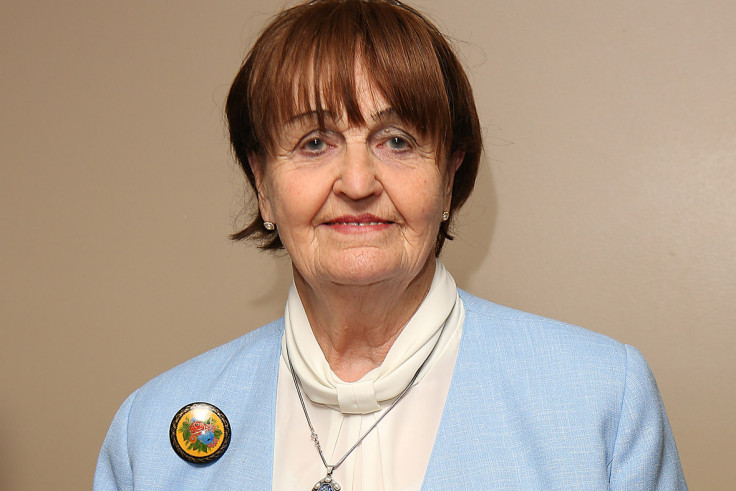Sharia law UK: Baroness Cox says move to restrict Islamic courts 'has MPs' support'

A new law that seeks to restrict the power of Sharia courts in Britain could soon be debated on the floor of the House of Commons after passing its final reading in the Lords.
Baroness Cox's Arbitration and Mediation Services (Equality) Bill passed unamended in the Lords on 20 January and is now on its way to the Commons, where the 78-year-old cross party peer believes it already has significant support from both Labour and Conservative MPs.
Cox told IBTimes UK that she has a meeting with Justice Secretary Michael Gove on Monday (1 February) and is optimistic that David Cameron's government may consider taking on her bill. If not, she said at least three Labour MPs had expressed an interest in taking it on as a private members bill.
The bill could see Sharia court scholars jailed if they present themselves as judges, and could force Islamic courts to ensure equality of the sexes. Cox believes this dovetails with plans by the Home Secretary to launch an enquiry into the Sharia system and the announcement of new funding for Muslim women to learn English.

"The bill went through unamended from start to finish and we have a lot of people in the Commons who are very keen to run with it, from both the major parties. It has a welcome waiting for it in the Commons," she said.
"I hope Michael Gove might be as helpful and might give it some kind of fair wind. I am going to suggest that the government might want to take it over so it is more likely to go through. I think it might be helpful for the government [because] it fits the zeitgeist of the times."
Her comments came in a wide ranging interview on the subject of Sharia law in Britain, the first instalment of a week-long series by IBTimes UK into the UK's Islamic courts system. As part of the series, IBTimes UK spoke to Muslim scholars in London and the Midlands as well as British Muslims with direct experience of the courts.
The bill, which was first lodged by Cos in 2011, has been criticised by many British Muslim leaders who claim both that it is redundant – as Muslim courts already operate within the British legal system – and that it will lead to a rise in Islamophobia. But Cox said that Muslim women have welcomed her efforts to rein in Sharia courts.
"After we had the second reading I had phone calls from Muslim women saying thank you. That it was the light at the end of the tunnel for them. They said they were trapped but now someone was talking about, and trying to do something," she said.
Read IBTimes UK's full interview with Baroness Cox – 'The Suffragettes will be turning in their graves'.
Inside Britain's Sharia courts, an IBTimes UK investigation
In a series of exclusive interviews and features this week, IBTimes UK investigates the scope and role of Islamic Sharia courts in Britain.
Speaking to Islamic scholars in London and the Midlands, pro-and anti-Sharia activists, politicians and British Muslims, this series explores the true role of Sharia councils and courts in Britain.
© Copyright IBTimes 2025. All rights reserved.






















